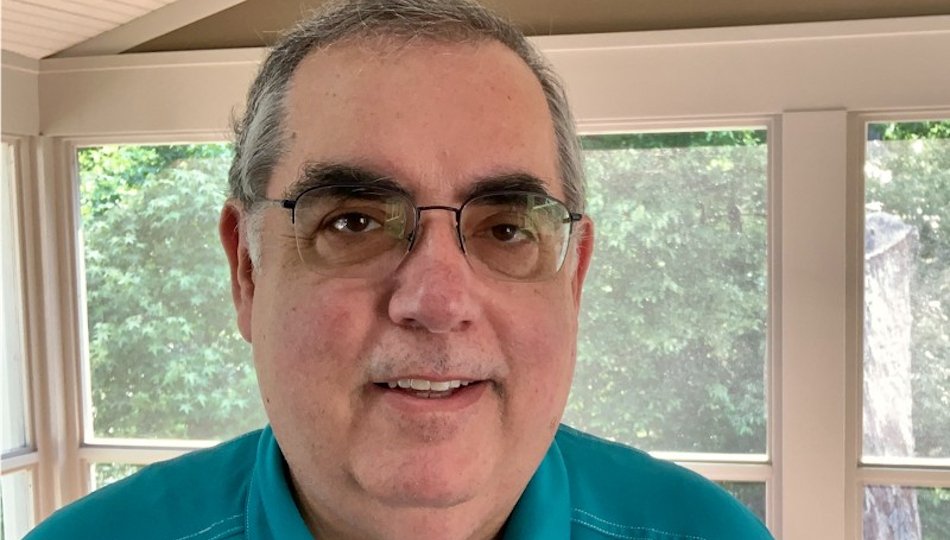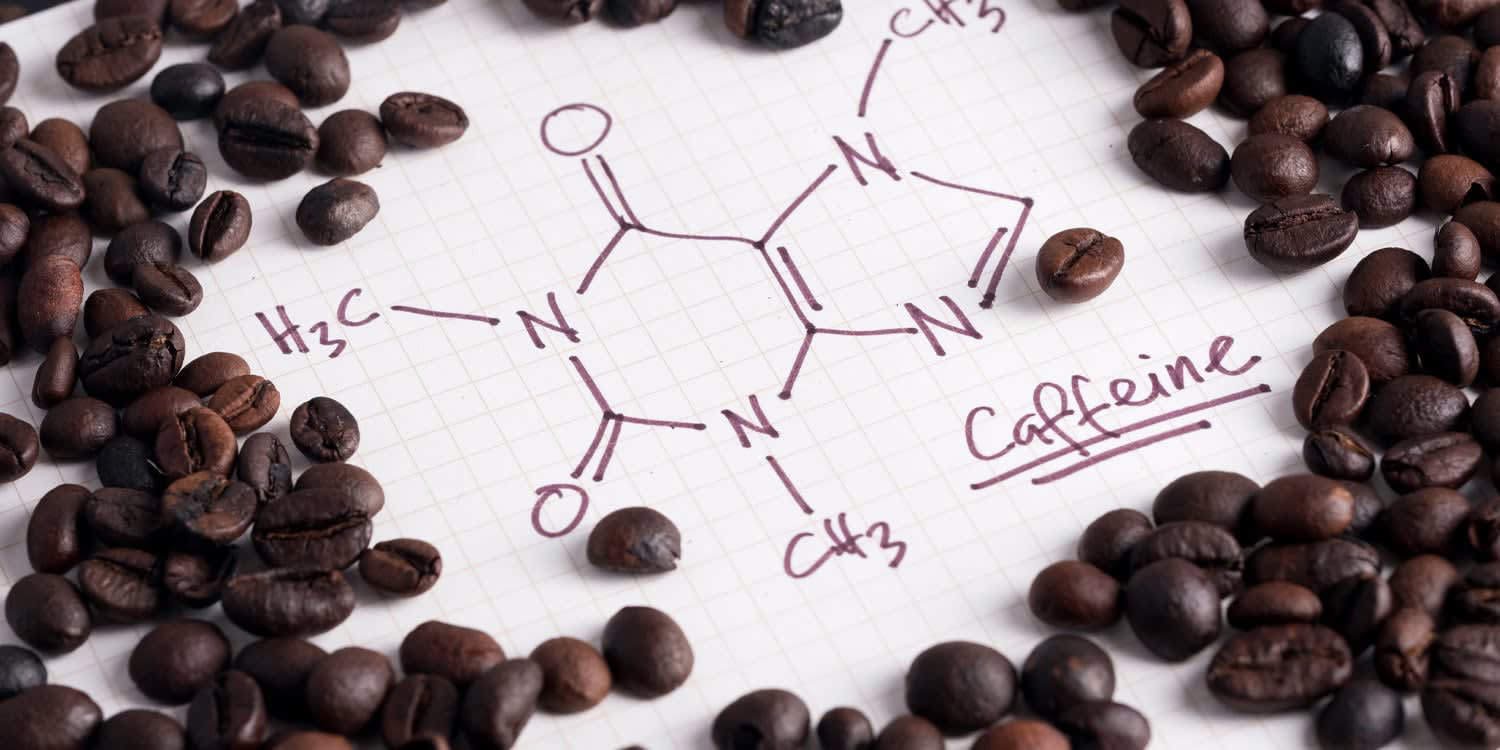Post-stroke depression (PSD) affects approximately 30% of stroke survivors, leading to reduced recovery outcomes, cognitive impairments, and diminished quality of life. Current treatment options often fall short, highlighting the need for innovative approaches. Recent research focuses on natural products (NPs) as potential interventions due to their diverse biological effects and low toxicity.
Natural products are compounds derived from plants, animals, and minerals that have shown promise in modulating various biological pathways. Studies indicate that these substances may help alleviate the symptoms of PSD by targeting the underlying pathological mechanisms associated with depression following a stroke.
Research conducted by a team from Shandong University of Traditional Chinese Medicine and Peking University examined the molecular mechanisms through which natural products exert their antidepressant effects. Their findings suggest that NPs may influence neurotransmitter systems, neuroinflammation, and neurotrophic factors, which are all implicated in PSD.
The review highlights several key natural products, including flavonoids, alkaloids, and terpenoids, which have demonstrated efficacy in preclinical studies. For instance, one study found that a specific flavonoid reduced depressive behaviors in animal models by 50% compared to untreated controls. Another alkaloid showed a 60% improvement in overall mood and cognitive function in subjects with PSD.
Despite the promising data, the authors acknowledge limitations in the current body of research, such as the lack of large-scale clinical trials and the need for standardized extraction methods for natural products. These factors hinder the ability to generalize findings and implement them in clinical practice effectively.
The authors propose future research methodologies that could enhance the understanding and application of NPs in treating PSD. This includes conducting more extensive clinical trials, utilizing advanced molecular techniques to explore the interaction between NPs and biological pathways, and establishing clear protocols for the use of these natural interventions.
As the field moves forward, integrating natural products into treatment regimens for post-stroke depression could offer a holistic approach, addressing both the physical and psychological aspects of recovery. This shift could lead to improved outcomes for millions of stroke survivors affected by depression.



